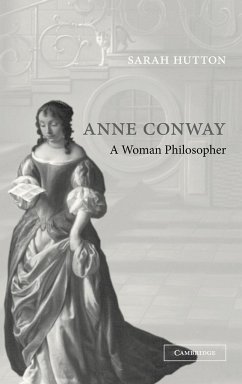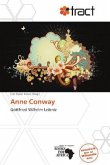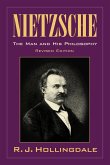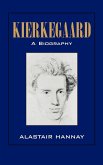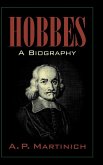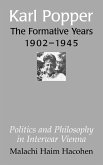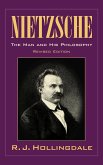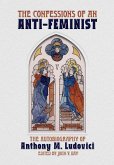Short description/annotation
Offers an insight into both the personal life of a very private woman, and the richness of seventeenth-century intellectual culture.
Main description
This is the first intellectual biography of one of the very first English women philosophers. At a time when very few women received more than basic education, Lady Anne Conway wrote an original treatise of philosophy, her Principles of the Most Ancient and Modern Philosophy, which challenged the major philosophers of her day - Descartes, Hobbes and Spinoza. Sarah Hutton's study places Anne Conway in her historical and philosophical context, by reconstructing her social and intellectual milieu. She traces her intellectual development in relation to friends and associates such as Henry More, Sir John Finch, F. M. van Helmont, Robert Boyle, and George Keith. And she documents Conway's debt to Cambridge Platonism and her interest in religion - an interest which extended beyond Christian orthodoxy to Quakerism, Judaism and Islam. Her book offers an insight into both the personal life of a very private woman, and the richness of seventeenth-century intellectual culture.
Table of contents:
Introduction; 1. Anne Finch: Viscountess Conway; 2. A philosophical education; 3. Religion and Anne Conway; 4. Anne Conway and Henry More; 5. John Finch, Thomas Hobbes and Margaret Cavendish; 6. Experimental physick: Boyle, Stubbe and Greatrakes; 7. Physic and philosophy: Van Helmont, father and son; 8. Kabbalistical dialogues; 9. Quakerism and George Keith; 10. Last years; 11. Legacy.
Hinweis: Dieser Artikel kann nur an eine deutsche Lieferadresse ausgeliefert werden.
Offers an insight into both the personal life of a very private woman, and the richness of seventeenth-century intellectual culture.
Main description
This is the first intellectual biography of one of the very first English women philosophers. At a time when very few women received more than basic education, Lady Anne Conway wrote an original treatise of philosophy, her Principles of the Most Ancient and Modern Philosophy, which challenged the major philosophers of her day - Descartes, Hobbes and Spinoza. Sarah Hutton's study places Anne Conway in her historical and philosophical context, by reconstructing her social and intellectual milieu. She traces her intellectual development in relation to friends and associates such as Henry More, Sir John Finch, F. M. van Helmont, Robert Boyle, and George Keith. And she documents Conway's debt to Cambridge Platonism and her interest in religion - an interest which extended beyond Christian orthodoxy to Quakerism, Judaism and Islam. Her book offers an insight into both the personal life of a very private woman, and the richness of seventeenth-century intellectual culture.
Table of contents:
Introduction; 1. Anne Finch: Viscountess Conway; 2. A philosophical education; 3. Religion and Anne Conway; 4. Anne Conway and Henry More; 5. John Finch, Thomas Hobbes and Margaret Cavendish; 6. Experimental physick: Boyle, Stubbe and Greatrakes; 7. Physic and philosophy: Van Helmont, father and son; 8. Kabbalistical dialogues; 9. Quakerism and George Keith; 10. Last years; 11. Legacy.
Hinweis: Dieser Artikel kann nur an eine deutsche Lieferadresse ausgeliefert werden.

